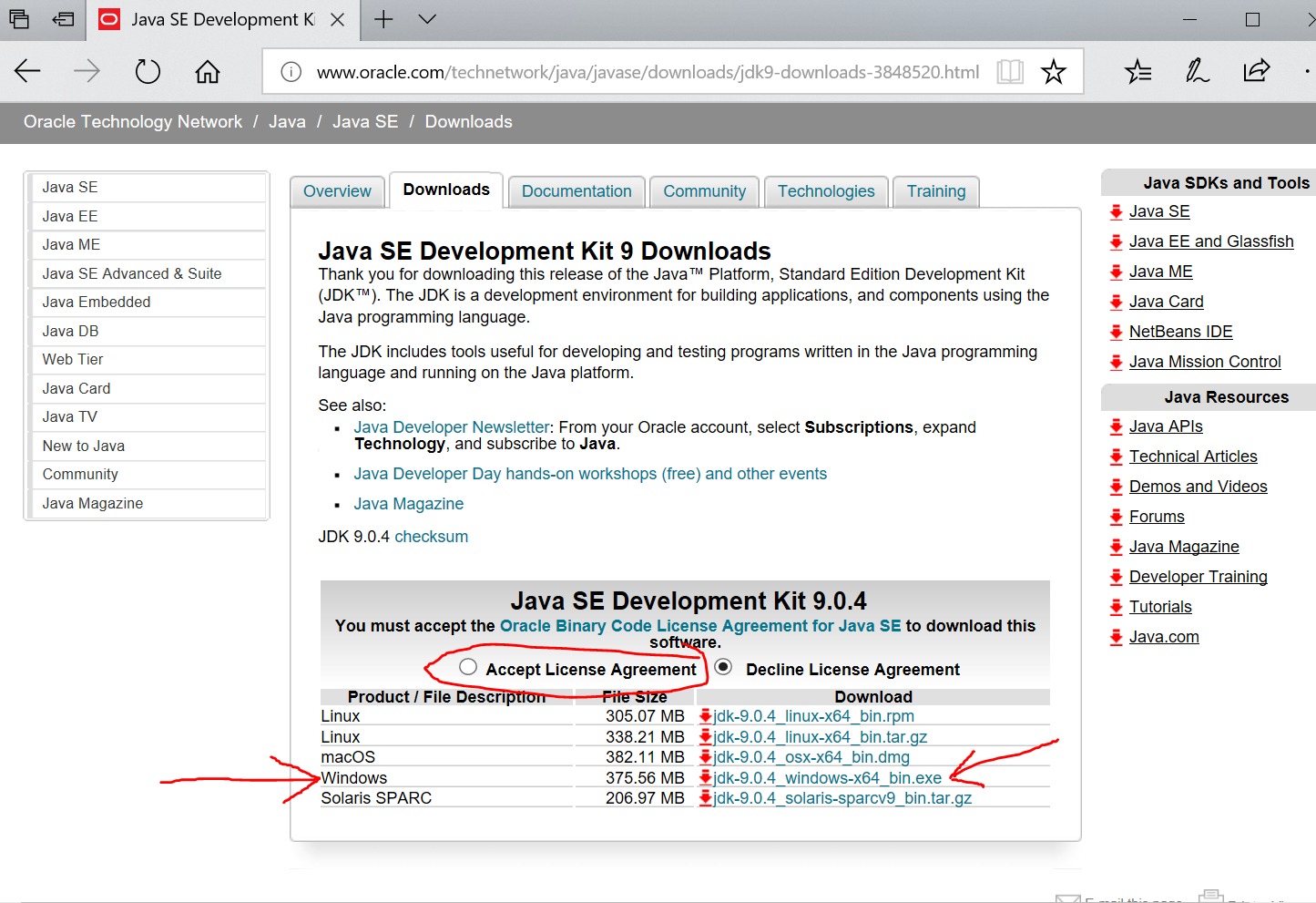

In particular, the following sentence will not be removed from the Java documentation:

It is still recommended that your design not use multiple certificates with the same name. It only allows you to deal with same-named certificates that were added to the keystore by 3rd party tools. Please note, this fix does not enable creating same-named certificates with the Java API. The fix for JDK-6483657 makes it possible to operate on such non-uniquely named certificates through the Java API by artificially making the visible aliases unique. However, on Windows, multiple certificates stored in one keystore are allowed to have non-unique friendly names. Java SE KeyStore does not allow certificates that have the same aliases ( ). MSCAPI KeyStore can handle same-named certificates To enable remote class loading by the RMI Registry or COS Naming service provider, set the following system property to the string "true", as appropriate:Ĭom.trustURLCodebase

Remote class loading via JNDI object factories stored in naming and directory services is disabled by default. Improved protection for JNDI remote class loading For more information, see JRE Expiration Date. After either condition is met (new release becoming available or expiration date reached), the JRE will provide additional warnings and reminders to users to update to the newer version. This JRE (version 7u131) will expire with the release of the next critical patch update scheduled for April 18, 2017.įor systems unable to reach the Oracle Servers, a secondary mechanism expires this JRE (version 7u131) on May 18, 2017. Critical patch updates, which contain security vulnerability fixes, are announced one year in advance on Critical Patch Updates, Security Alerts and Third Party Bulletin.

The JRE expires whenever a new release with security vulnerability fixes becomes available. JRE Security Baseline (Full Version String)


 0 kommentar(er)
0 kommentar(er)
